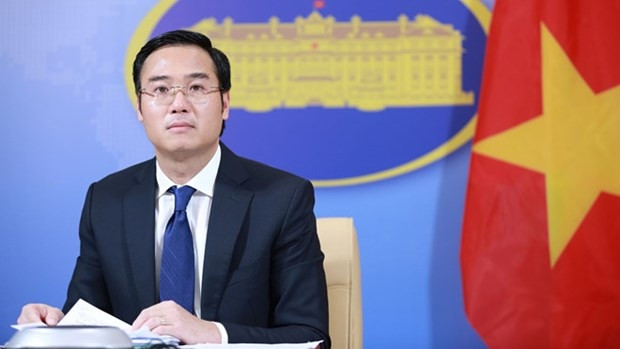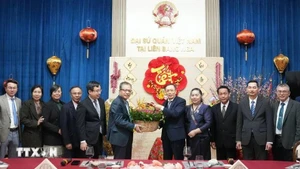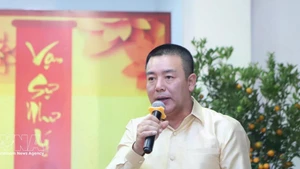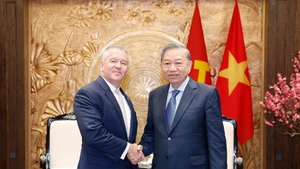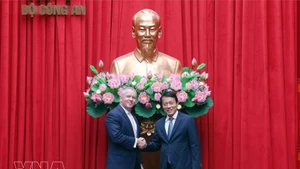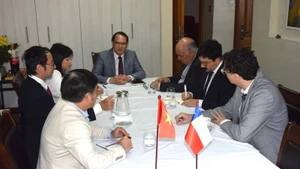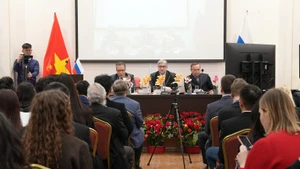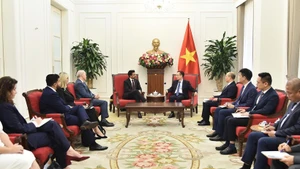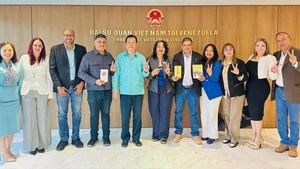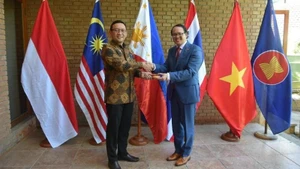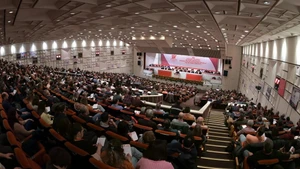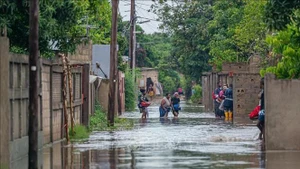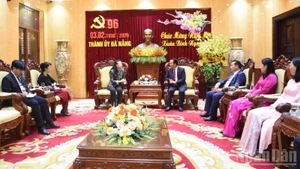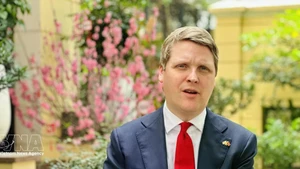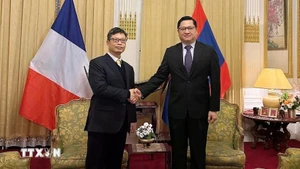During the ministry’s regular press conference in Hanoi, Thang said it is not the first time the RSF has published reports based on untruthful, groundless, and ill-intentioned information.
The rankings are based on its own criteria without understanding the circumstances and conditions in each country, he stressed.
In Vietnam, the right to free speech and a free press are stipulated in the 2013 Constitution and relevant laws. The Vietnamese media plays an important role in protecting the interests of the society and freedom of the people, contributing to the State’s policy and law enforcement, the official added.
The media has helped uncover and fight corruption and questionable behaviour, promptly covered pressing issues around the country, and most notably ensured correct information regarding COVID-19 reaches the public.
The public is able to access media channels to exercise their rights and express their opinions regarding the State’s legal policies, he said.
Over recent years, press and information freedom in Vietnam has been clearly reflected via the strong development of the media in various forms. The country is now home to nearly 1,000 print and electronic newspapers, over 90 radio stations, about 200 TV stations, and press associations. These also actively use modern technology to provide full and timely news to the public.
Vietnamese reporters and journalists have also been given support to cover every aspect of life in the country. They are also protected by law and work in line with the law, making responsible contributions to the common interests of the country and society, Thang said.
